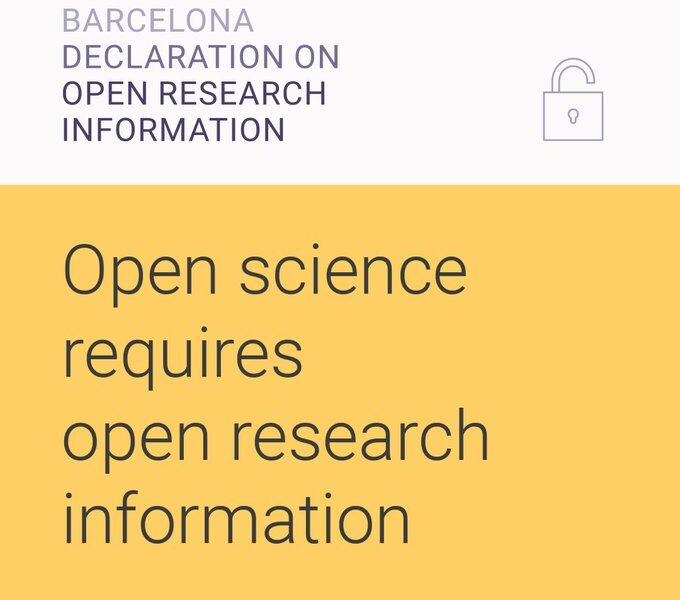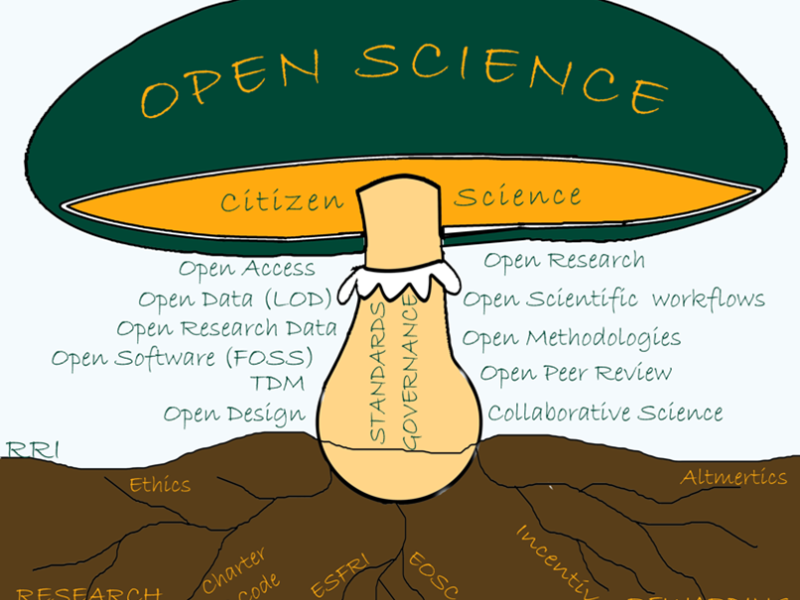
Investing in Open Science
Investing in Open Science https://opusproject.eu/wp-content/uploads/2023/04/pexels-pixabay-414860-scaled.jpg 1024 941 Open and Universal Science (OPUS) Project Open and Universal Science (OPUS) Project https://opusproject.eu/wp-content/uploads/2023/04/pexels-pixabay-414860-scaled.jpgIn recent years, the field of scientific research has undergone a significant transformation, with the rise of open science infrastructures and services. Open science is a movement that aims to make scientific research and data more accessible, transparent, and collaborative. This approach has numerous benefits for both researchers and the wider community, and investing in open science infrastructures and services is crucial to realizing these benefits.
Open science infrastructure refers to the technological tools and services that support open scientific practices. These include open access repositories, data management systems, collaborative platforms, and virtual research environments, among others. Open science services, on the other hand, refer to the professional services that support open scientific practices, such as data curation, software development, and training.
Investing in open science infrastructures and services is essential for several reasons. First, open science infrastructures and services promote transparency and reproducibility in scientific research. By making research data and findings openly available, scientists can verify and replicate each other’s work, leading to a more rigorous and reliable scientific enterprise.
Second, open science infrastructures and services facilitate collaboration and interdisciplinary research. By enabling researchers to share data, software, and other resources, these infrastructures and services can help break down disciplinary silos and encourage new collaborations between researchers from different fields.
Third, investing in open science infrastructures and services can lead to more efficient and effective research. By streamlining data management and analysis, these infrastructures and services can help researchers save time and resources, allowing them to focus on the core aspects of their research.
Finally, open science infrastructures and services can have significant economic and societal benefits. By making scientific research and data more accessible, these infrastructures and services can spur innovation and entrepreneurship, leading to new products, services, and industries. Moreover, open science can help address some of the world’s most pressing challenges, such as climate change, by facilitating the sharing of data and knowledge across borders and disciplines.
To realize these benefits, it is essential to invest in open science infrastructures and services. Governments, private organizations, and research institutions can all play a role in funding and supporting these initiatives. For example, governments can provide funding for open science infrastructure projects through research grants or public-private partnerships. Private organizations can support open science by providing funding or expertise in areas such as data management or software development. Research institutions can also play a role by investing in open science services and infrastructure and promoting open scientific practices among their researchers.
Investing in open science infrastructures and services is crucial for advancing scientific research, promoting collaboration and innovation, and addressing societal challenges. By supporting open science, we can create a more transparent, efficient, and effective scientific enterprise that benefits researchers and the wider community alike.
- Posted In:
- Open Science News




